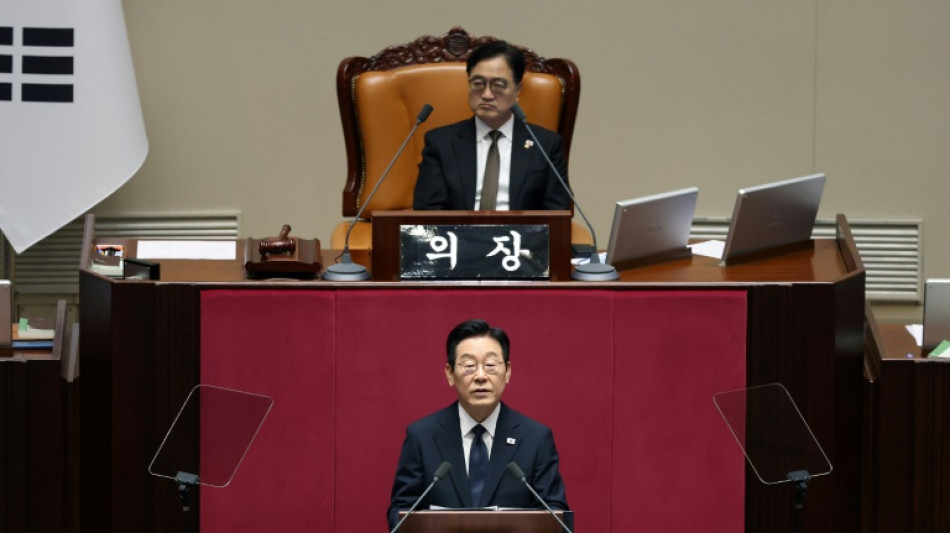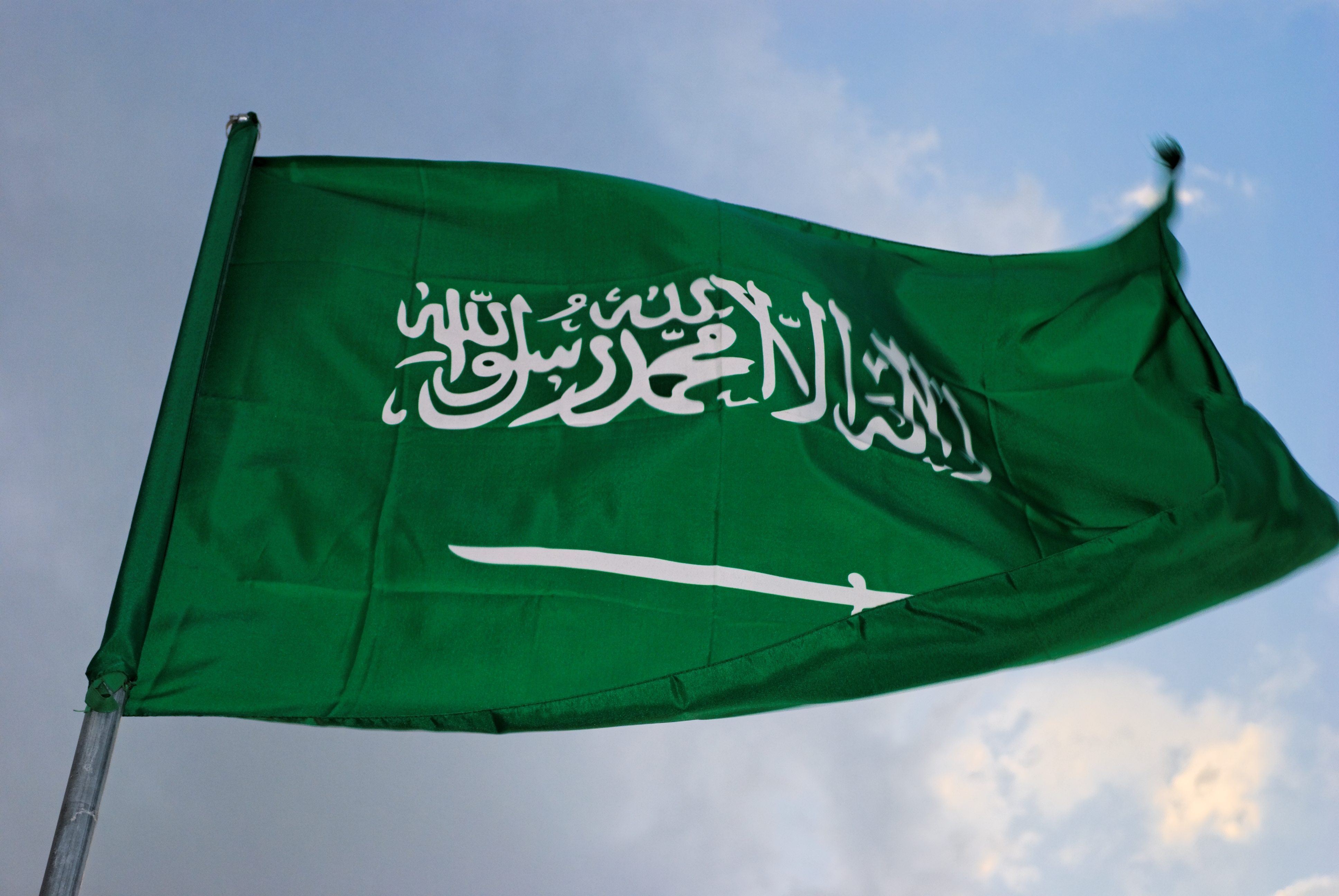

South Korea to triple AI spending, boost defence budget
South Korea will triple spending on artificial intelligence and make its biggest defence budget increase in six years, President Lee Jae Myung said Tuesday in his annual parliamentary budget speech.
Lee said 10.1 trillion won ($7 billion) would go towards "a major transformation aimed at propelling South Korea into the ranks of the world's top three AI powers" alongside the United States and China.
"We will significantly expand investment to usher in the 'AI era'," he said, noting the amount was more than three times the current year's AI-related budget.
The proposal was made in a speech outlining his government's spending plans for 2026.
Overall, the budget plan totals 728 trillion won, an 8.1 percent increase from this year.
Lee now needs parliament to pass the budget proposal, which is likely given his party's majority.
On the defence budget, the president said his government wants to see an 8.2 percent increase from this year to 66.3 trillion won.
If passed, it will mark the highest defence spending increase since 2019.
"We will overhaul conventional weapons systems into state-of-the-art systems suited for the AI era and swiftly transform our military into an elite, smart force," Lee said.
- AI infrastructure -
Of next year's AI budget, 2.6 trillion won "will be invested in introducing AI across industry, daily life and the public sector, while 7.5 trillion won will go towards talent development and infrastructure building", Lee said.
South Korea is home to two of the world's leading memory chip makers, Samsung Electronics and SK hynix.
The two tech giants manufacture chips essential for AI products and the power-hungry data centres that the fast-evolving industry relies on.
Jensen Huang, the CEO of US chip titan Nvidia, announced last week plans to supply 260,000 of the firm's most advanced chips to South Korea.
After the announcement on Friday, Huang described that goal as "ambitious".
But, he said, "there's no reason why Korea cannot achieve it -- you have the technology, you have the software expertise and you also have a natural ability to build manufacturing plants".
The US, a key military ally, stations about 28,500 troops in South Korea to help it fend off military threats from the North.
Since taking office in June, Lee has vowed to "respect" North Korea's political system and pursue dialogue without preconditions, in a sharp break with the policies of his hawkish predecessor.
Lee noted on Tuesday that South Korea already spends "1.4 times North Korea's annual GDP" on defence alone and is "ranked fifth in global military strength".
Seoul and Pyongyang technically remain at war as the 1950-53 Korean War ended in armistice, not a peace treaty.
G.Mishaal--al-Hayat




